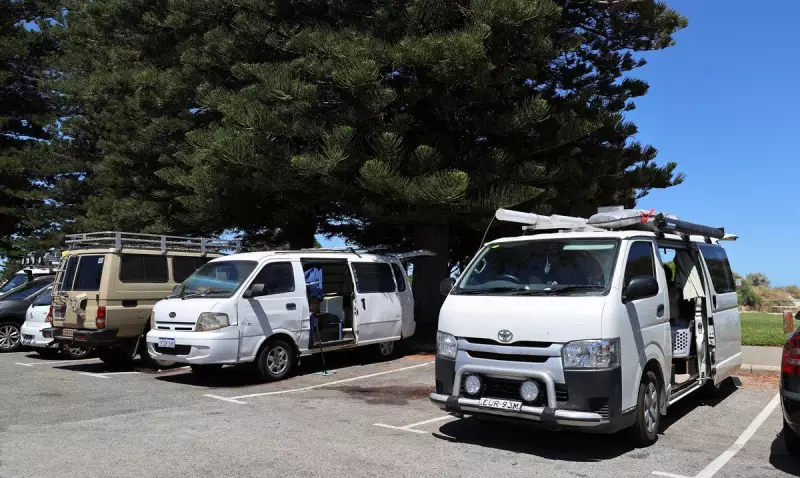
Hot water will continue to flow from the showers at Perth's popular City Beach this summer, as the Town of Cambridge has officially ruled out repeating last year's controversial tactic of turning off the taps to combat illegal beachfront camping.
From Punishment to Education
The council's attempt to deter long-term campers by cutting off hot water for the public showers backfired spectacularly just twelve months ago. After intense backlash from local beachgoers who felt unfairly punished, the council was forced to turn the taps back on after only a few weeks.
This summer, Cambridge rangers have reverted to a strategy of 'educating' people who are free camping along the beachfront. A Town spokesperson confirmed that the hot-water shutdown is not being reconsidered, marking a significant shift in approach.
A New Strategy for a Complex Problem
With reports of illegal camping on the rise again heading into the warmer months, the Town is developing a new management plan expected to be implemented in early 2026. City Beach remains the most popular spot for campers within the Cambridge district.
The new strategy promises a "coordinated" approach, relying on education, public information, improved signage, and compliance, rather than solely punitive measures. The Town recognises it is dealing with two distinct groups: recreational campers and people sleeping rough.
"Some individuals encountered are not recreational campers and may be in the area due to complex personal or social circumstances," a Cambridge spokesperson said. "These people require a higher, and different, level of support."
Broader Context and Enforcement
The issue of beach-side illegal camping is gaining attention across Perth's western suburbs, with service providers increasingly linking it to the broader housing crisis.
While Cambridge rangers retain the power to issue infringements, enforcement will not be their primary focus this summer. Instead, they will prioritise "education and engagement," issuing fines only when appropriate and backed by sufficient evidence.
This contrasts with the approach of the Shire of Augusta-Margaret River, which recently announced it is doubling fines for illegal camping from $100 to $200, alongside increasing ranger patrols and erecting more "no free camping" signs.
The Town of Cambridge acknowledges that achieving lasting outcomes requires inter-governmental involvement to direct vulnerable individuals to proper support services, confirming that these complex pathways are still being developed.





